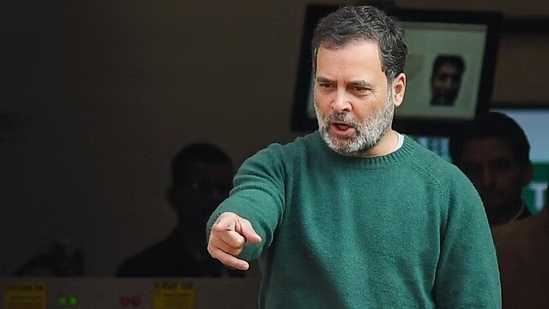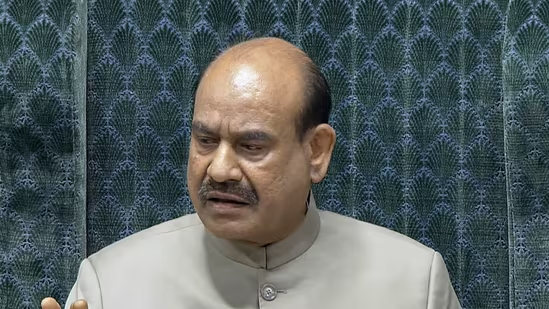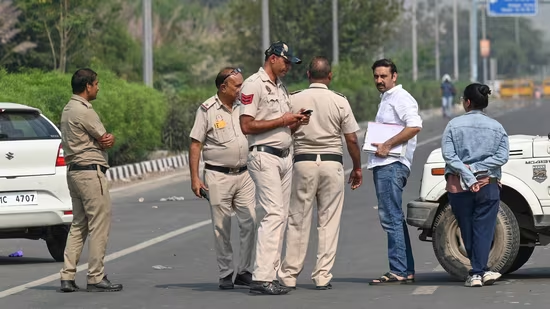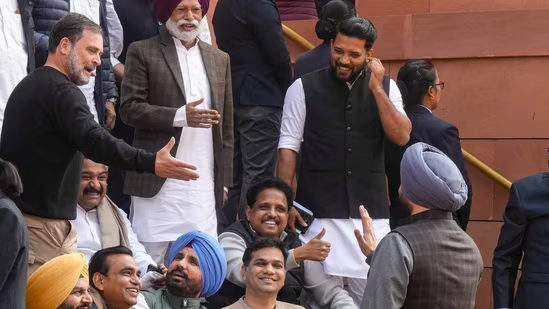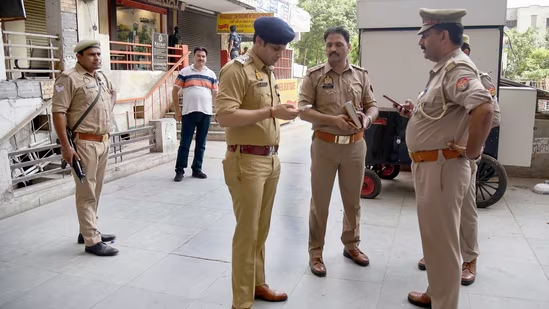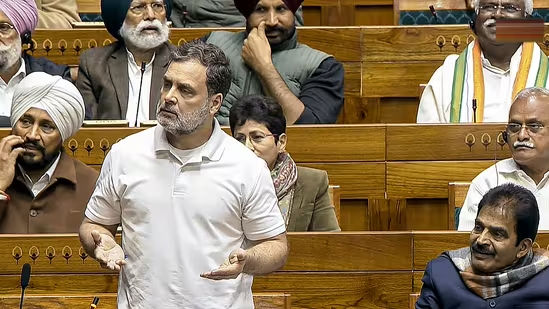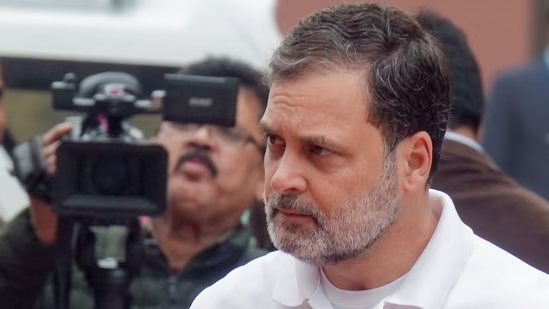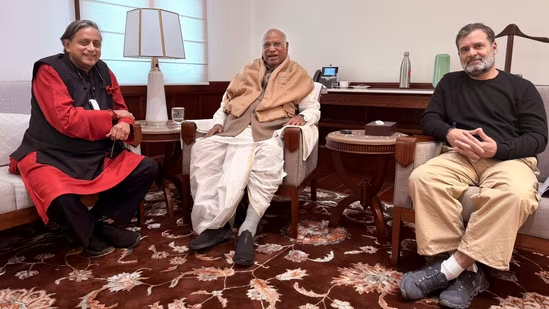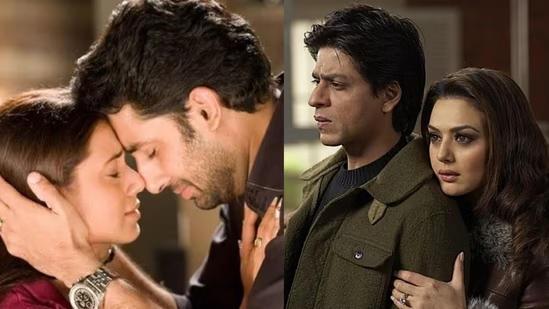A survey of the Gyanvapi mosque by the Archaeological Survey of India began Monday morning. It coincides with a hearing in the Supreme Court of a petition filed by the mosque management committee challenging the Allahabad High Court’s order in the case.
A 30-member team from the Archaeological Survey of India (ASI) began a survey on Monday at the Gyanvapi mosque in Varanasi. They aim to determine if the mosque was built on top of an ancient Hindu temple.
Besides the ASI team, four women litigants and four lawyers from the Hindu side are present at the spot. Security has been beefed up around the mosque and entry of vehicles has been prohibited within a 2-km radius of the complex.

The mosque management panel boycotted the survey. Maulana Abdul Batin Nomani, general secretary of Anjuman Intezamia Masjid Committee, said no one from the Muslim side is present on the premises while the ASI survey is underway.
The survey coincides with the Supreme Court hearing today on a petition filed by the mosque management committee. The petition challenges the Allahabad High Court’s decision, which upheld the right of five Hindu women to worship inside the Gyanvapi mosque.
The Muslim side is seeking an urgent listing of the plea in light of the recent order by a district court directing an ASI survey in the Gyanvapi mosque premises.
Last Friday, district judge AK Vishvesh directed the ASI to submit a report to the court by August 4, along with videos and photographs of survey proceedings.
The court also ordered the use of GPR (Ground Penetrating Radar) technology for survey “just below the three domes” of the building in question”, and to conduct an excavation there “if required”.
The mosque’s wazukhana, where a structure claimed by the Hindu petitioners to be a shivling exists, will not be part of the survey -– following an earlier Supreme Court order protecting that spot in the complex.
The Masjid Committee has argued that the district court’s recent order allowing the ASI survey is in clear contempt of Supreme Court’s May order deferring the survey of a stated shivling.
HISTORY OF IT
The origin of the Gyanvapi Mosque has been a subject of extensive legal and historical debate. In 1991, Hindu priests filed petitions at a civil court in Varanasi seeking to worship within the complex, arguing that the mosque stood atop a demolished portion of the Kashi Vishwanath temple. In 1998, the Allahabad High Court stayed the proceedings.
Last year, the Varanasi district court ordered a videographic survey into the origins of the Gyanvapi mosque, providing a new twist to the ongoing legal battle. At the time, the All India Muslim Personal Law Board (AIMPLB) termed the court order for videography as a clear violation of The Places of Worship Act, 1991.
Several petitions have been filed before the Supreme Court, Allahabad High Court, and Varanasi court regarding the Gyanvapi mosque case. These petitions seek to address various aspects of the dispute, including the mosque’s alleged construction by Mughal emperor Aurangzeb and the right to worship inside the disputed site.
Historically, it is claimed that the Gyanvapi mosque was built by Mughal emperor Aurangzeb after demolishing the Kashi Vishwanath Temple in the 17th century. This supposed connection to the temple lies at the core of the dispute, with both sides presenting historical evidence and interpretations to support their claims.
Earlier in May, the Supreme Court played a critical role in this ongoing dispute by staying the Allahabad High Court’s order. The latter had directed a scientific survey, including carbon dating, of the so-called shivling found at the Gyanvapi mosque complex.
WHAT THE PLACES OF WORSHIP ACT SAYS
The Places of Worship Act, 1991, which seeks to maintain the status quo of 1947 on all places of worship, came into focus as a result of this dispute. The law was challenged in the Supreme Court last year by BJP leader and lawyer Ashwini Kumar Upadhyay, who argued that the law contravenes the principle of secularism as laid down by the Constitution of India.
Section 3 of The Places of Worship Act, 1991, prohibits the conversion of a place of worship from one sect to another. The mosque committee argues that the fresh suits filed in 2021, citing the “right to worship,” are barred by this act and an attempt to revive a dispute that has been settled by law.








